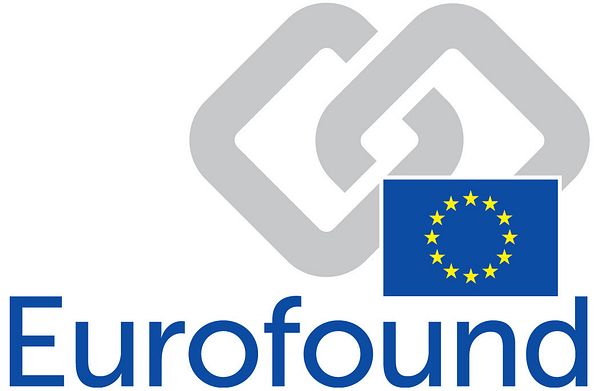
News -
2024 minimum wage increases restore purchasing power for low wage earners
National minimum wage rates were substantially raised in almost all EU countries in 2024, reversing the loss of purchasing power that minimum wage workers experienced between 2021 and 2023, according to relevant calculations.
Eurofound’s new Minimum wages in 2024: Annual review provides updates on minimum wage developments, details how the rates were set and which criteria were used in their adjustment, and maps the influence of EU-level policy on minimum wage setting.
The report shows that the most substantial proportional increases in national minimum wages were observed in countries with the lowest minimum wages, furthering the ongoing process of convergence. However, differences in the levels of national minimum wages across Europe remain significant.
Gross nominal national minimum wages for 2024 were highest in Luxembourg (€2,571), Ireland (€2,146) and the Netherlands (€2,070), while the lowest were in Bulgaria (€477), Romania (€663) and Hungary (€697). The largest increases occurred in Poland (21.5%), followed by Croatia and Bulgaria (20% respectively). In countries such as Belgium (2%), Germany and France (above 3%) increases were more moderate.
In countries where no national minimum wage has been set, growth of collectively agreed minimum rates for 10 low paid jobs appears to have been more moderate between January 2023 and January 2024, and not all losses in purchasing power that occurred since the onset of the COVID-19 pandemic have been recovered.
Despite these increases, the question of the adequacy of minimum wages persists. Minimum wage earners find it significantly more difficult to make ends meet than other workers. On average across the EU, almost 28% of minimum wage earners living alone without dependents reported such difficulties in 2022, while this is the case for 14% of other employees. For minimum wage employees in general, the proportion reporting difficulty making ends meet was 23%, as compared to 13% for other employees. Notably, 10% of minimum wage employees in the EU reported difficulties with keeping their homes adequately warm, compared to 6% of other employees.
The practice of linking minimum wages to a percentage of average or median wages, as recommended in the EU Minimum Wage Directive to assess their adequacy, was an important factor in 2024 minimum wage increases in a growing number of Member States. Less attention was given to other criteria, such as whether the rates are adequate in absolute terms to ensure a decent standard of living.
Speaking on the publishing of the annual report, Eurofound Executive Director Ivailo Kalfin said ‘To understand wage adequacy, it is crucial to examine the relationship between national minimum wage levels and the financial pressures felt by these earners. Ensuring adequate minimum wages for workers across the European Union is essential for guaranteeing decent working and living conditions, and for building fair and resilient economies and societies as set out by the European Pillar of Social Rights.’
More information:






